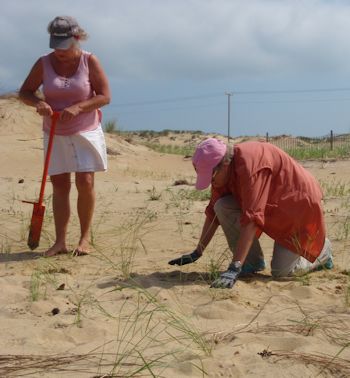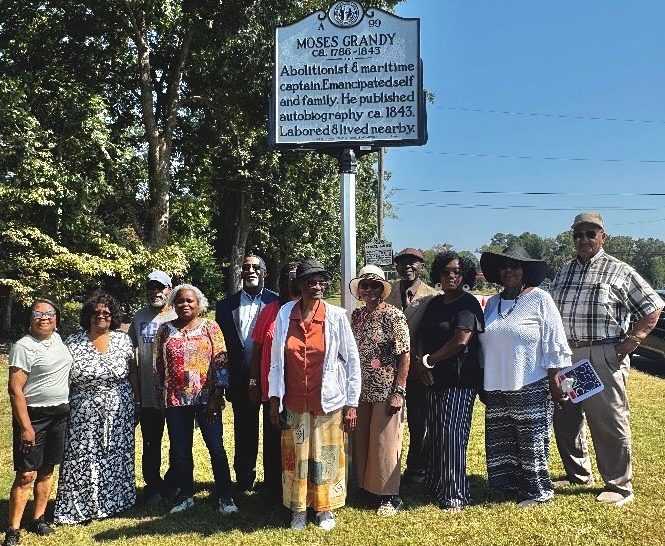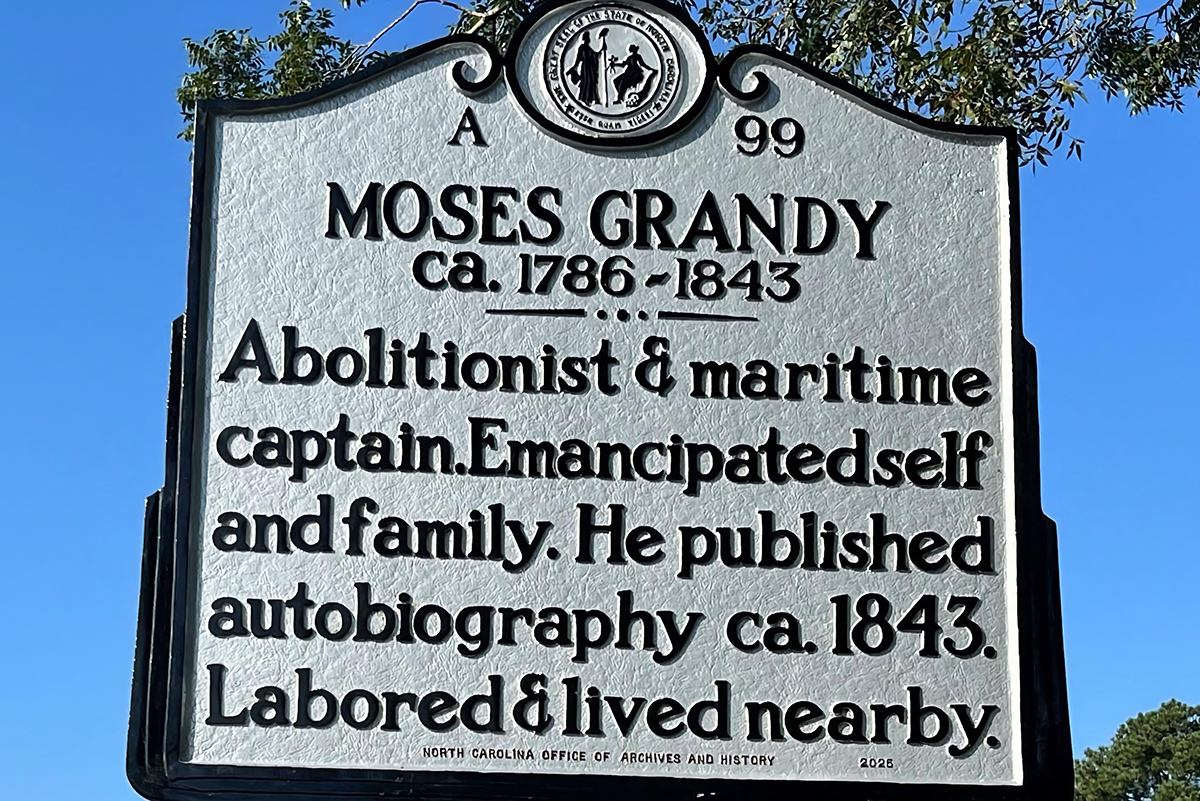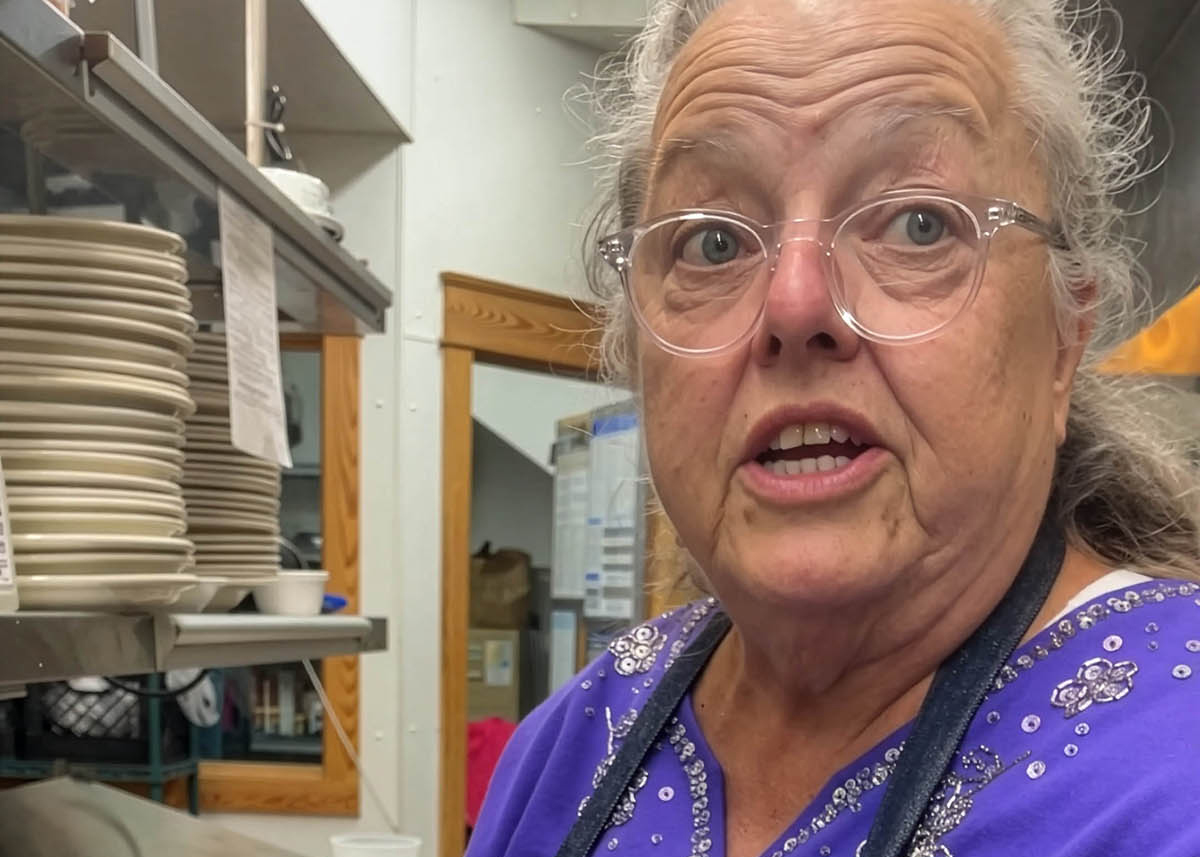COLUMBIA — For most, the wistful days of retirement seem as if they cannot approach faster. Amidst the hustle and bustle of daily workloads, raising children and juggling responsibilities with leisure, the enticement of giving up work seems like a distant pot of gold on the horizon.
For Midge Ogletree of Columbia, retirement wasn’t exactly about relaxing, but more about giving back. Along with her responsibilities to the Columbia Board of Aldermen, Ogletree serves as a member to the federation’s Board of Directors and chairs the group’s northeast regional advisory committee. She puts every vein of energy into any task she accepts.
Supporter Spotlight
Originally from Baltimore, Md., Ogletree has had a strong interest in the environment since an early age. “My parents were members of The Nature Conservancy, my mother was an avid birdwatcher,” she said. “I guess I’ve always had an interest in the environment and known there were obstacles to its continued health and legacy.”
At Duke University, where she received a Bachelor of Arts in English in 1960, Ogletree became very active in the civil rights movement.
“In the early ’60’s I attended an integrated high school and had African-American friends and white friends, so i got more and more interested as to why African-Americans weren’t treated the same,” she said.
During her time in Durham, Ogletree participated in a sit-in to protest the unfair wages paid to African-Americans. Ogletree spent a few hours in jail for her involvement in the sit-in, although the charges were eventually dropped.
“I got in trouble with the school for getting back to the school late, so the dean of women had to contact my parents,” chuckled Ogletree, “Even after talking to the dean about my endeavor, my parents were very proud of me for my involvement in such an important movement.”
Supporter Spotlight
After obtaining her master’s degree in education from East Carolina University, Ogletree settled into life in Columbia with her husband, Charlie. to teach school.
She retired in 2003 after 38 years of teaching, but she saw no reason to slow down. Ogletree began looking for ways to get involved along the coast. For Ogletree, the federation’s programs were a good fit.
“I really like the approach of education, advocacy and restoration. It all comes together so beautifully,” said Ogletree, “The philosophy just seems right, the policy of the federation has more to do with problem solving; it’s a good balance. The federation may be against something, but it always has an alternative proposal.”
Ogletree quickly proved to be a firm asset to the organization, especially along the northeast coast. After initial conversations with Jan DeBlieu, the federation former coastal advocate in the region, Ogletree joined to the group’s board and the regional advisory committee – and the work began.
Aside from a laundry list of important contributions, Ogletree was responsible for forming initial connections between the federation and Tyrrell County. “Midge is the real reason we met Pat Armstrong and formed the partnership with Columbia Middle School to create their rain garden,” said the Erin Fleckenstein, a federation scientist who manages the group’s regional office in Manteo. “The Columbia rain garden program has remained active over the last three years and continues to provide valuable opportunities for students.”
 Midge Ogletree, right, helps with a planting on the Outer Banks. |
Further tying Columbia to the Federation’s work, Ogletree introduced the low-impact development, or LID, concept as a way of creatively dealing with stormwater. “After attending an LID workshop in Manteo, I was hooked!” said Ogletree.
LID is an innovative method of controlling stormwater that attempts to mimic the land’s natural ability to absorb runoff.
Ogletree persuaded the Columbia Board of Aldermen to explore LID concepts and consider its role within Columbia. For the federation and Ogletree, it has been the ultimate collaboration. “It’s been great to meld my position with the town board and the Coastal Federation – it’s such a nice coming together of the two positions,” she said.
The town is currently designing a manual that explains the concept of LID for those in town wishing to implement the techniques. While the policy isn’t binding, it is a strong foundation for the advancement of LID in northeastern North Carolina and is scheduled to be complete by the close of the year.
Since the federation’s presence spreads far beyond the bounds of Tyrell County, Ogletree isn’t deterred by long distances and hard work. From planting marsh grasses on the sweltering beaches of the Outer Banks, to water quality sampling among the farm fields in Hyde County, Ogletree is always willing to help.
“Midge has volunteered at most of our field sites from Jockey’s Ridge to Hyde County, to Durant’s Point,” Fleckenstein noted. “All in addition to helping introduce us to important players along the way.” In 2009, Ogletree received the Federation’s Volunteer of the Year Pelican Award in recognition of her dedicated labor. Of course, for the ageless Ogletree, it doesn’t seem like a task, “It’s just such a wonderful experience. How could you not want to work with an organization that partners with all types of people?” she said, smiling. “That’s truly my favorite part of the process.”







